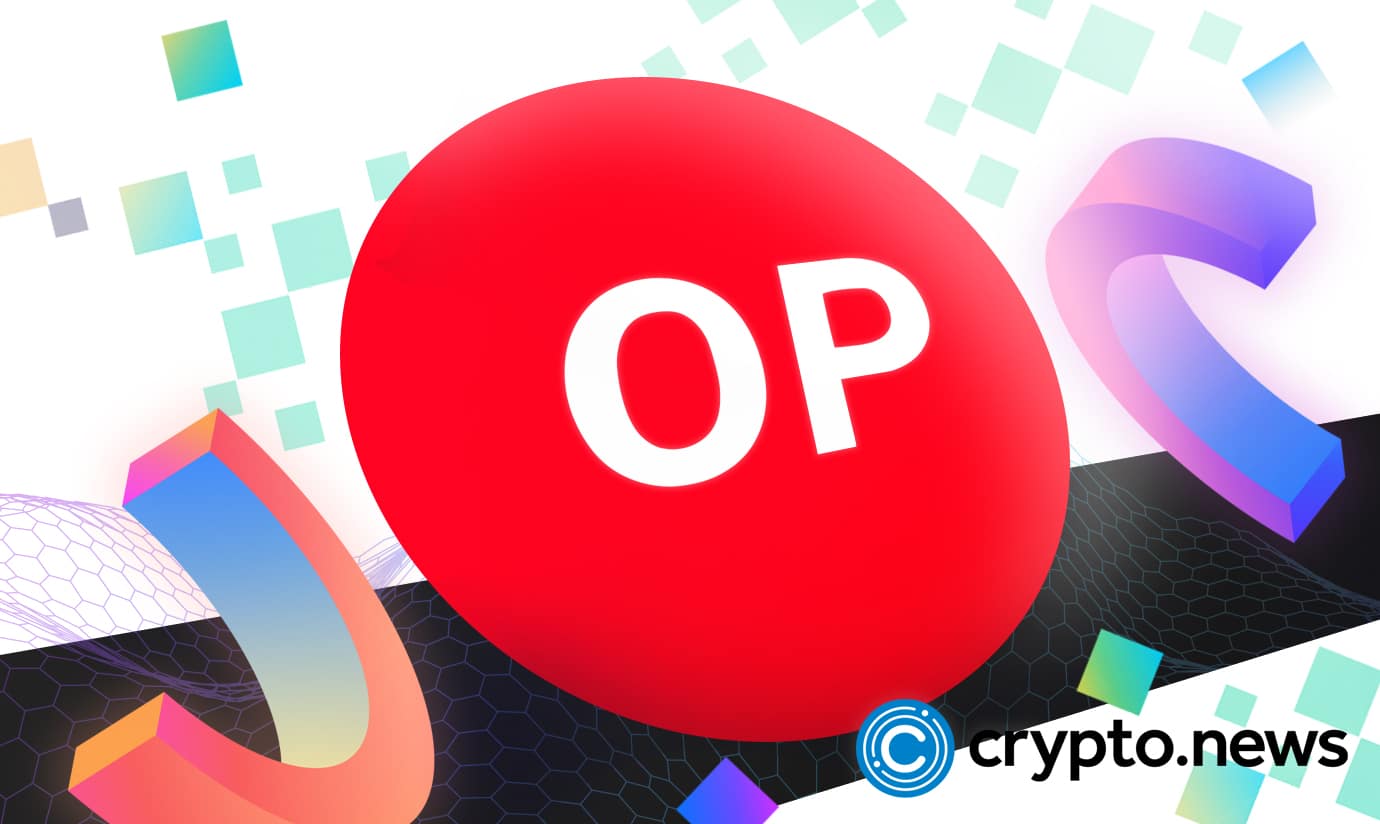In brief
- Kalshi reached $1 billion in monthly volume and now dominates 62% of the global prediction market industry, surpassing Polymarket’s 37% share.
- Four states including Massachusetts have filed lawsuits claiming Kalshi operates as an unlicensed sportsbook, with Massachusetts seeking to permanently bar the platform.
- Kalshi operates under federal CFTC regulation as a designated contract market, arguing this preempts state gambling laws that require separate licensing.
Prediction market Kalshi just topped $1 billion in monthly volume as state regulators nip at its heels with lawsuits alleging that it’s an unregistered sports betting platform.
“Despite being limited to only American customers, Kalshi has now risen to dominate the global prediction market industry,” the company said in a press release. “New data scraped from publicly available activity metrics details this rise.”
The publicly available data appears on a Dune Analytics dashboard that’s been tracking prediction market notional volume.
The data show that Kalshi now accounts for roughly 62% of global prediction market volume, Polymarket for 37%, and the rest split between Limitless and Myriad, the prediction market owned by Decrypt parent company Dastan. Trading volume on Kalshi skyrocketed in August, not coincidentally at the start of the NFL season and as the prediction market pushes further into sports.
But regulators in Maryland, Nevada, and New Jersey have all issued cease-and-desist orders, arguing Kalshi’s event contracts amount to unlicensed sports betting. Each case has spilled into federal court, with judges issuing preliminary rulings but no final decisions yet.
Last week, Massachusetts went further, filing a lawsuit that calls Kalshi’s sports contracts “illegal and unsafe sports wagering.”
The 43-page Massachusetts lawsuit seeks to stop the company from allowing state residents on its platform—much the way Coinbase has had to do with its staking offerings in parts of the United States. Massachusetts Attorney General Andrea Campbell contends that there’s no difference between Kalshi’s prediction market and a “sportsbook,” the likes of which are licensed, taxed, and regulated at the state level.
The state also alleges that Kalshi is skirting other rules it would have to follow if it were categorized as a sportsbook. The prediction market currently allows anyone 18 or older to trade on the platform. In Massachusetts, the legal age for online sports betting is 21.
“Kalshi offers its users a fair, transparent, federally-regulated, and nationwide marketplace,” a Kalshi spokesperson told Decrypt. “Rather than engage in dialogue with Kalshi as many other states have done, Massachusetts is trying to block Kalshi’s innovations by relying on outdated laws and ideas.”
Many well-known sports betting platforms—like FanDuel, DraftKings, and BetMGM—are already registered and pay the state’s 20% tax on gross gaming revenue. Retail sports betting, which means being in-person at a casino, is taxed at a 15% rate.
Kalshi doesn’t currently have a state license in Massachusetts or in any other state. And the lawsuit isn’t an invitation for the company to submit an application. It’s seeking to have Kalshi “permanently” barred.
For now, the company is operating in Massachusetts and across the U.S. on the premise that it’s a federally regulated designated contract market, or DCM, under the Commodities Futures Trading Commission.
The CFTC list of companies with DCM licenses also includes Aristotle, the company behind soon-to-relaunch PredictIt; Railbird, which is rumored to be discussing an acquisition by DraftKings; LedgerX, which was acquired by FTX in 2021 and then sold during its bankruptcy at a massive loss in 2023; and QCX, which was acquired by Polymarket in a $112 million deal earlier this year.
Kalshi and other markets following in its footsteps argue that a federal license to offer events contacts, as regulated by the CFTC under the Commodity Exchange Act, is enough and should, in effect, preempt any state law that would run counter. For now, Kalshi and other prediction markets are pressing forward, and with great success as the prediction space heats up.
But depending on how things go in courtrooms at the state level, a final resolution could be left to the Supreme Court.
Daily Debrief Newsletter
Start every day with the top news stories right now, plus original features, a podcast, videos and more.
Source: https://decrypt.co/340284/kalshi-prediction-markets-1-billion-state-regulators-loom


